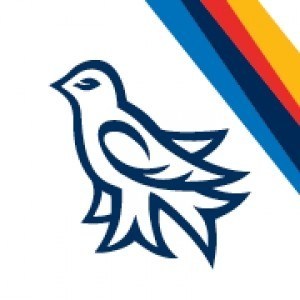Photos of university / #umanitoba
The Bachelor of Arts in Religion at the University of Manitoba offers students an in-depth exploration of religious traditions, beliefs, practices, and their impact on societies throughout history and in contemporary contexts. This undergraduate program is designed to provide a comprehensive understanding of major world religions such as Christianity, Judaism, Islam, Hinduism, Buddhism, and Indigenous spiritual perspectives, among others. Students will engage with critical questions about faith, morality, spirituality, and the role of religion in shaping cultural, political, and social developments.
The curriculum combines theoretical and experiential learning, encouraging students to analyze sacred texts, participate in religious rituals, and critically examine religious institutions and movements. Interdisciplinary approaches integrated into the program draw from history, anthropology, philosophy, literature, and other fields to foster a well-rounded understanding of religious phenomena. Courses are structured to develop critical thinking, analytical skills, and ethical reasoning, equipping graduates for diverse careers in education, community service, faith-based organizations, research, and public policy.
Throughout their studies, students will have opportunities for research and experiential learning, including field trips, community engagement, and internships. The program also emphasizes understanding the diverse religious landscape in Canada and globally, fostering cultural sensitivity and respect for pluralism. Faculty members are distinguished scholars dedicated to advancing knowledge in religious studies, and students benefit from small class sizes and personalized instruction. The Bachelor of Arts in Religion prepares graduates to pursue graduate studies or careers that require deep understanding of religious traditions and their influence in a globalized world. With a strong foundation in critical analysis and intercultural dialogue, students are equipped to contribute thoughtfully in increasingly diverse and interconnected societies.



